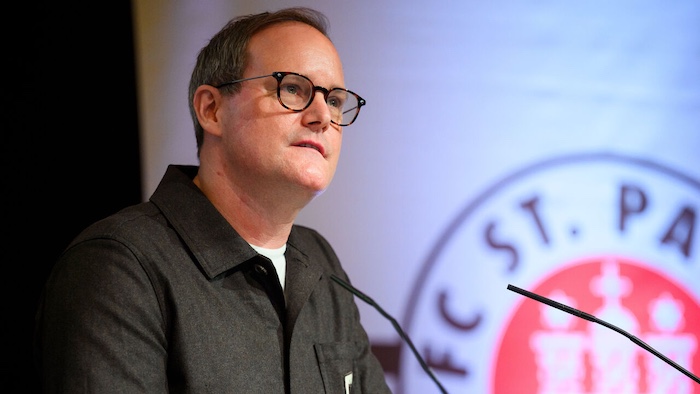
The Manufacturers Association of Nigeria (MAN) has commended the Central Bank of Nigeria (CBN) for retaining its Monetary Policy Rate MPR at 27 per cent but called for its further reduction to reduce the cost of borrowing for manufacturers.
The MAN made this call on Wednesday in a press statement that was issued by the Director General of MAN, Mr. Segun Ajayi-Kadir, which expressed its position on the report of the latest Monetary Policy Committee (MPC) meeting of the CBN, which was held on November 24 and 25, 2025.
Ajayi-Kadir said: “MAN appreciates the decision of MPC to halt the increase in MPR and to maintain the 27.00 per cent fixed at the last meeting.
“The decision to adjust the standing facilities corridor to enhance liquidity is also noted.
“However, the expectation of the association is a further reduction in the rate to reduce the cost of borrowing for manufacturers.”
He stated that despite the reduction of the MPR to 27 per cent, the prevailing ” borrowing costs of 30 to 37 per cent remain high for manufacturers.”
According to him, the rate hindering production and reducing the competitiveness of the Nigerian manufacturing sector.
He said that “persistent high lending rates will further limit access to affordable credit for manufacturers, especially those within the SMI cadre,” adding that “the situation is complicated with prevailing structural challenges like poor infrastructure, high logistics costs, inadequate electricity supply, high energy cost and insecurity that cumulatively raise production costs and weaken competitiveness.”
MAN, therefore, recommended that the “CBN should adopt a downward review of the rate in the subsequent MPC meetings to lessen the burden of high borrowing costs and incentivize long-term investments in manufacturing, particularly in capital-intensive sub-sectors.”
MAN also called on the CBN to monitor and evaluate the impacts of previous MPC decisions on credit access to the real sector to aid informed position at subsequent meetings
It also said that the “CBN should consider additional policy instruments or incentives that facilitate credit flow to the real sector of the economy, especially the manufacturing sector.”
MAN also urged government to strengthen fiscal discipline while upscaling investment in infrastructure like roads, power and logistics to boost the supply capacity of the sector
It said: “The federal government should collaborate closely with the CBN to stabilise the Naira and manage external risks by monitoring the potential risk of capital flights because of the MPC’s corridor review that will push banks to lend more.”
The association also advocated that government should implement complementary fiscal measures that support industrial development and promote structural reforms, especially in real sectors of the economy including agriculture, manufacturing and energy sectors to further reduce inflationary pressure.
MAN said that the central bank and other policymakers should continue to pursue policies that foster inclusive growth, incentivize manufacturing and address binding constraints limiting the performance of the sector.
“The CBN should also strengthen handshake with fiscal authority to promote reforms capable of unlocking the full potential of the manufacturing sector,” it said.
MAN reiterated its appreciation of the CBN’s efforts to stabilise the economy and ease inflationary pressures.
Ajayi-Kadir said: “The decision to adjust the MPC’s corridor is a way to encourage banks to lend rather than hoarding liquidity.
“However, it is essential for government to seize the opportunity to promote credit-led growth, especially in productive sectors, while managing risks through fiscal discipline and structural reforms.
“Stronger coordination between fiscal and monetary authorities is key to ensure positive impact of the MPC decision on the manufacturing sector, the economy and sustainable development.”
Dike Onwuamaeze



